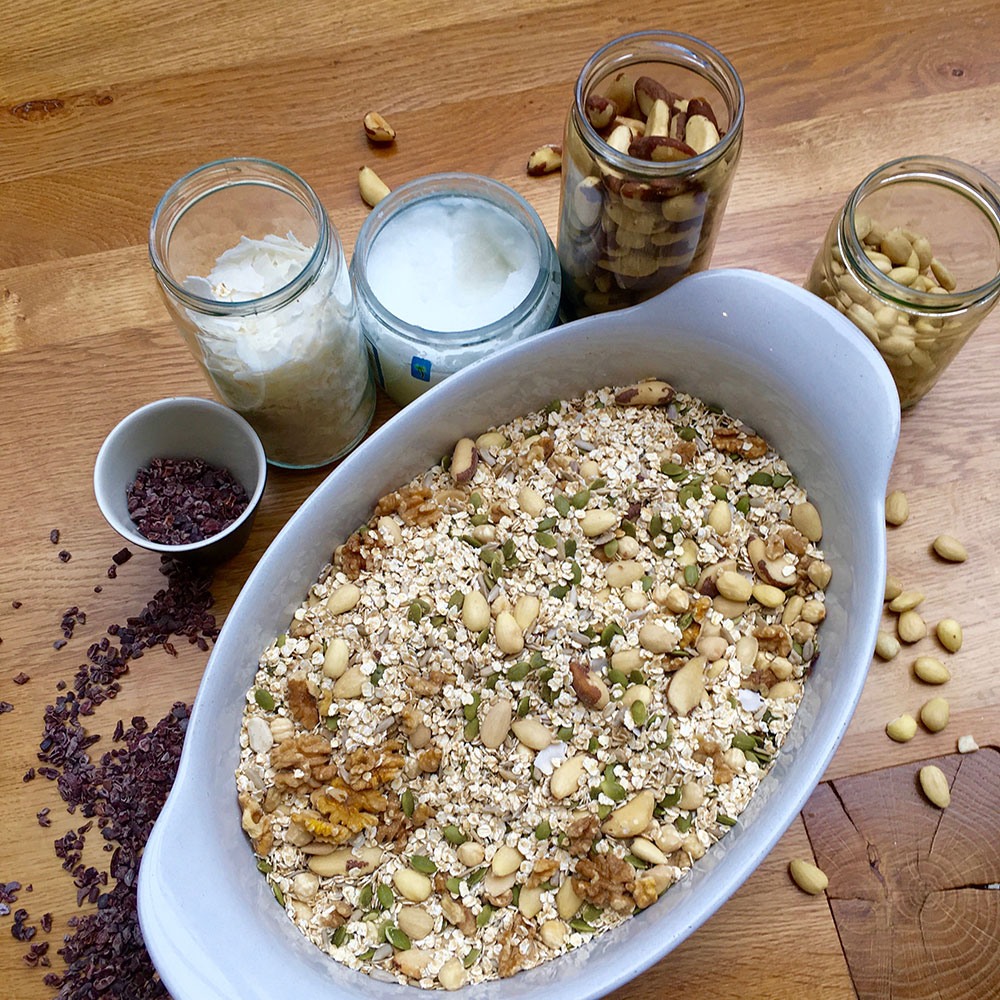
Vitamin B1, also known as thiamine, is important for energy production as well as nerve health.
FOOD SOURCES:
Wholegrain cereals such as wholewheat bread and pasta, barley and oats, pork meat, sunflower seeds, peanuts, brazil and cashew nuts, beans and pulses (lentils, chickpeas) and peas.
Fortified breakfast cereals and some breads contain vitamin B1 although they may also be high in refined sugars and additives and preservatives.
DEFICIENCY:
Deficiency is rare in the developed world as it is found in a large array of foods.
Fatigue, poor wound healing, dry beri-beri which is a cluster of symptoms including walking difficulty, tingling in extremities, loss of muscle function, confusion, etc.
Diets high in refined carbohydrates (sugar, fizzy drinks, fruit drinks, white bread and pasta), high coffee and tea intake and alcohol abuse deplete vitamin B1 levels as do the contraceptive pill and intense exercise regimes.
Vitamin B1 is a water soluble (leaches into cooking water) vitamin and cannot be stored by our bodies so we need to eat foods containing this vitamin every day. It is also heat unstable so it is best to cook the foods lightly.